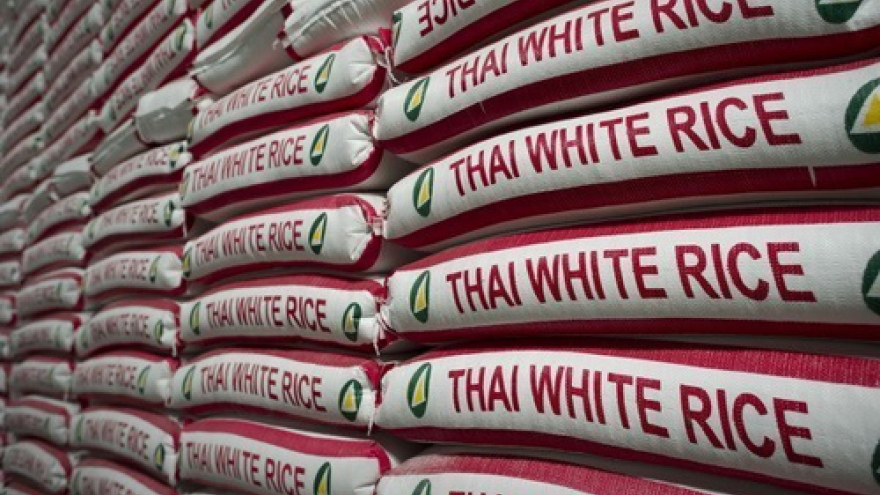Government to continue royally initiated projects
The Government has pledged to perform its duty with honesty and loyalty and to the best of its ability, in response to the aspirations of the late His Majesty King Bhumibol Adulyadej.
 |
Prime Minister General Prayut Chan-o-cha, in his national address on 21 October 2016, stressed that the Government would continue royally initiated projects, more than 4,000 in number, across the country.
It would join all sectors of Thai society in organizing funeral rites and ceremonies with the highest honor accorded to the late King. He said that although His Majesty King Bhumibol had passed away, his concepts and principles would always remain in Thailand through his legacy.
The royally initiated projects are classified into various categories, such as agriculture, water resources, the environment, occupational promotion, public health, public welfare, and communications. To achieve its aim, each of them is based on major principles suggested by His Majesty.
The first principle is that the project should be able to ease immediate problems. The solving of traffic congestion and flood prevention in Bangkok are among these problems. Although they seek solutions to immediate problems, their effects can also be felt in the long run.
The second principle is that the project should be carried out step by step in accordance with necessity and cost-effectiveness. The late King Bhumibol intended to assist people as necessary and appropriately, so that they could become self-reliant.
In the third principle, emphasis is placed on self-reliance to tackle poverty among the people. For instance, the royally initiated projects of the Rice Bank, the Cattle Bank, and soil development were carried out to ease community problems and help local residents to be able to help themselves.
The fourth principle is that the project should promote the use of knowledge and appropriate technology. His Majesty King Bhumibol said that it was necessary to have "a model of success” for farmers, so that they would put what they had learned from the model into practice in their own farms.
The fifth principle is that the country should focus on natural resource development and conservation. The development of the country in the past emphasized economic growth, resulting in the overuse and misuse of natural resources. If no action is taken natural resources will deteriorate further.
The sixth principle involves the enhancement of environmental quality. His Majesty King Bhumibol attached great importance to the solving of environmental problem, as seen from many royally initiated projects, such as wastewater treatment in Bangkok and the use of the Chaipattana Aerator for environmental preservation.

